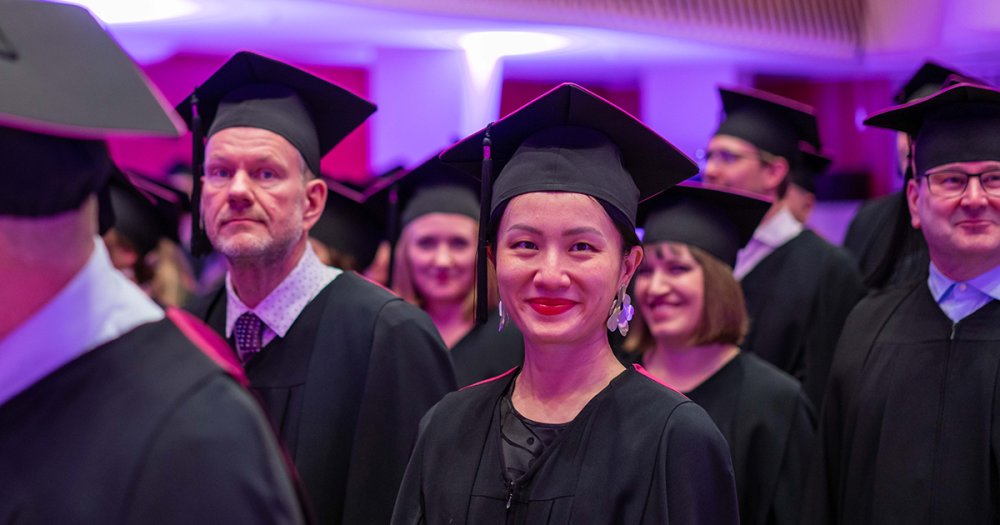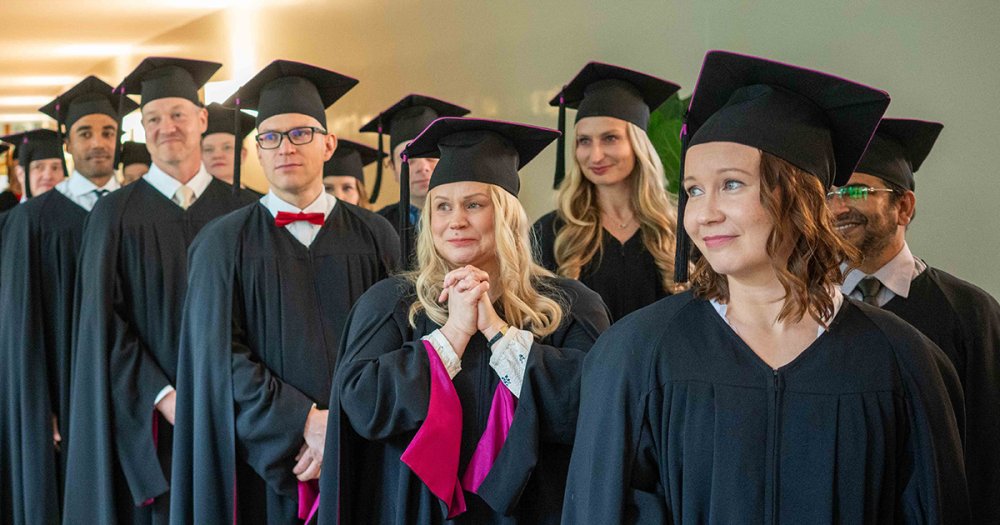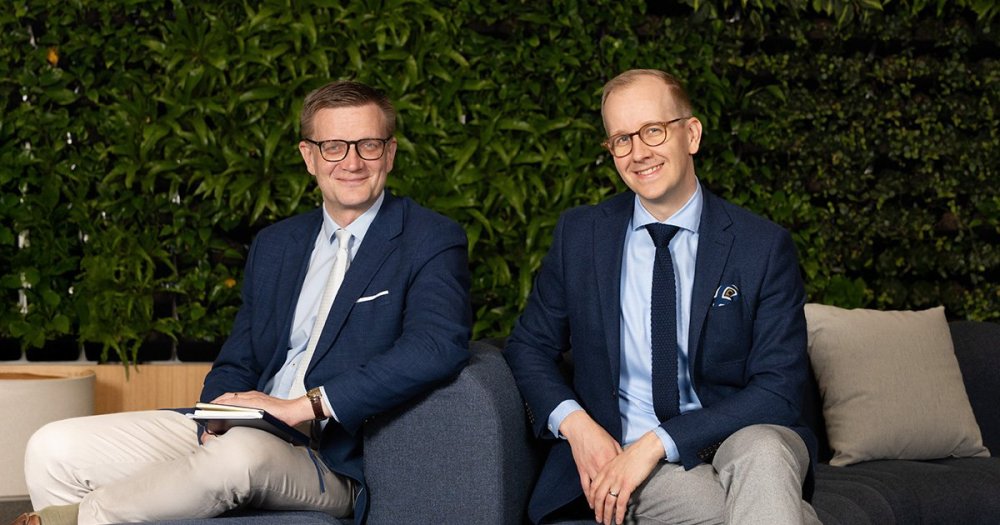Cognitive Automation and Its Impacts on Skill Erosion of Individuals
Welcome to a dynamic two-hour Aalto EE Master Class to broaden your understanding of cognitive automation, its impact on your organization, and far-reaching implications for knowledge work.
Cognitive automation powered by advanced intelligent technologies is increasingly enabling organizations to automate more of their knowledge work tasks. Although this often offers higher efficiency, effectiveness and lower costs, cognitive automation also exacerbates the erosion of human skill and expertise in automated tasks.
The Cognitive Automation and Its Impacts on Skill Erosion of Individuals Master Class will demonstrate how increasing reliance on automation fosters complacency at both individual and organizational levels, weakening workers’ mindfulness across three work task facets (activity awareness, competence maintenance, and output assessment), resulting in skill erosion. Such erosion of skills may go unnoticed and unacknowledged by both workers and managers.
While accepting the erosion of obsolete skills is necessary to reap the benefits of technology, the erosion of essential human expertise is problematic, especially if workers remain accountable for tasks for which they lack sufficient understanding. This renders them incapable of responding in case the automation fails, for it is crucial for managers to understand the potential detrimental effects of automation in organizations.
This is an on-demand recording of a live online Master Class organized on June 13, 2024. After registration, you will get access to the recording for 7 days.
Start
Fee:
Contact us
Benefits
This Master Class will broaden the participants’ understanding of cognitive automation to consider the consequences of automation on knowledge work tasks more deeply.
For
This Master Class is relevant for all practitioners involved in projects that aim to automate knowledge work tasks, whether it is with rule-based automation like robotic process automation or with artificial intelligence such as machine learning-enabled systems (e.g., business experts, managers, IT experts, IT managers, CIOs, HR experts).
Contents and Schedule
Within two hours, you will
- understand the dynamics related to employees’ skills and the organizational implementation of cognitive automation tools.
- grasp the concepts of automation reliance and automation complacency.
- think about how unintended skill erosion of employees might be avoided in the participant’s own organization.
Content
- Meet your instructors: Esko Penttinen & Joona Ruissalo
- Introduction to the topic: Defining Cognitive Automation and Introducing the Two Sides of Skill Erosion
- Case of Skill Erosion in a Financial Accounting Organization
- Uncovering the Dynamics of Skill Erosion on Individual and Organizational Levels
- Key Takeaways
Faculty

Esko Penttinen
Esko Penttinen is Associate Professor (tenured) in Information Systems at Aalto University School of Business.
He specializes in automation tools and the use of structured data in financial value chain processes. His research interests lie in improving our understanding of how automation and human work should be integrated so that the risks of potential detrimental effects (such as deskilling) can be mitigated. Esko is also interested in governance issues (such as outsourcing and enablement of virtual work processes) related to the implementation of automation tools and cloud computing. Esko conducts empirical research (both qualitative and quantitative) around electronic financial systems, cloud-based accounting information systems, government reporting, and electronic invoicing.
Besides research and teaching, Esko leads the Real-Time Economy Competence Center at Aalto University and is chairman of XBRL Finland.

Joona Ruissalo
Joona Ruissalo is a Postdoctoral Researcher in Information Systems Science at Aalto University School of Business.
Ruissalo's research focuses on how the design, development, and use of cognitive technologies such as artificial intelligence and robotic process automation transform professional knowledge-intensive work. He currently studies these socio-technical issues in the domain of financial accounting.
















